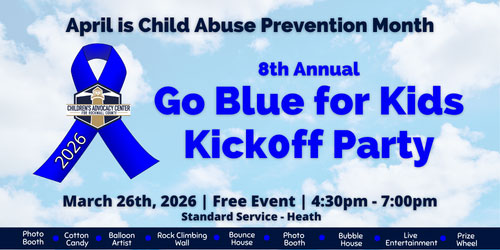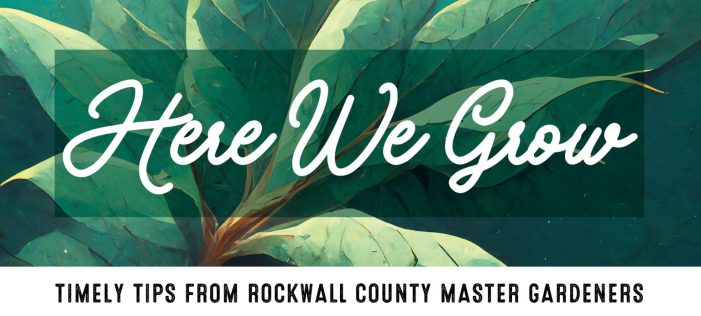Rockwall, TX (October 24, 2024) – I have had a varied career, lived in various places, and have many varied interests. This time of the year brings two of my many interests together, the military and gardening.
I am a naturalized Texan! (I wasn’t born here, but…) Where I grew up, November 11 was called Armistice Day. The Eleventh minute after the eleventh hour on the eleventh day of the eleventh month was the time when the Armistice ending The Great War, later to be known as World War I, was signed by warring parties. November 11th also was known as Arbor Day, encouraging citizens to plant trees. We will first discuss the war, then the trees.
To celebrate and remember Armistice Day, veterans would come to our school or be on the streets around Memorial Day with cloth “poppies” that we could buy for a small donation and wear. Although it was in May, it caused people to remember those who died during World War I. Why poppies? Why this particular plant? The following web page from the American Legion is a quote concerning poppies: legion-aux.org/national-poppy-day.
‘In Flanders Fields’
After World War I, the poppy flourished in Europe. Scientists attributed the growth to soils in France and Belgium becoming enriched with lime from the rubble left by the war. The red poppy came to symbolize the blood shed by those who fought and those who continue to fight for our country, following the publication of the wartime poem “In Flanders Fields.” The poem was written by Lieutenant Colonel John McCrae, M.D., while serving on the front line in World War I, to honor soldiers killed in battle.
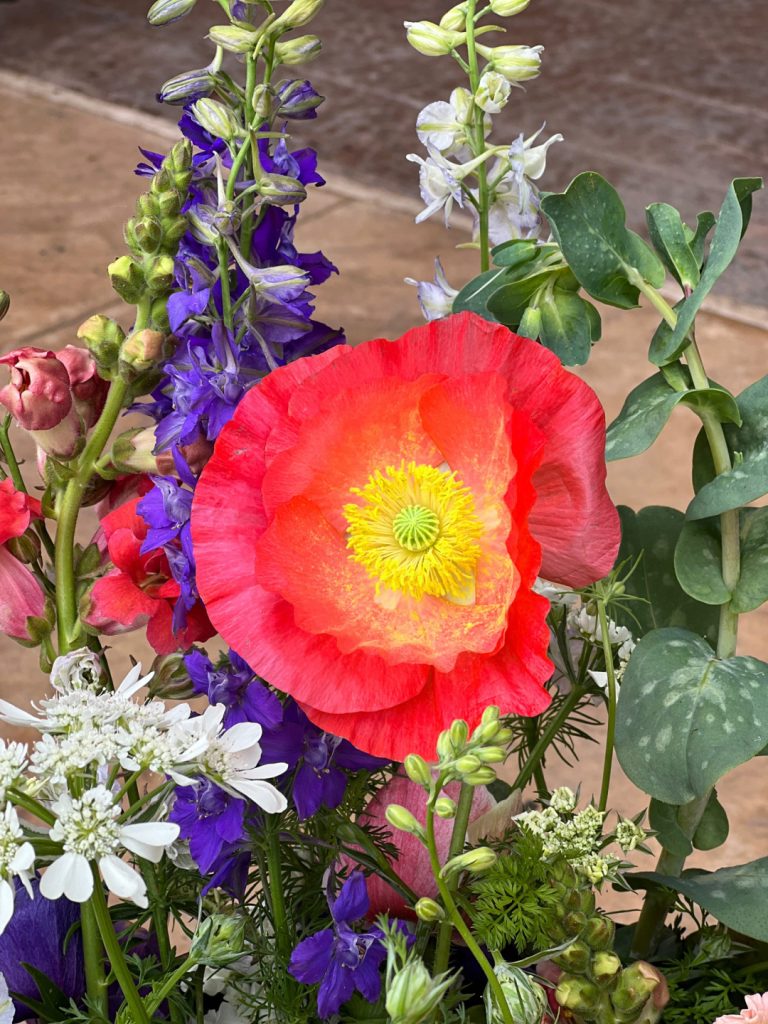
These poppies started the regrowth in the no-man’s land. Later, trees would grow to replace the trees that had to be cut down to build fortifications or destroyed by the crisscrossing of countless rifle and machine gun bullets. Artillery and mortar fire churned up the land and destroyed additional vegetation. With the development of the tank, additional damage was done by their weapons and their tracks. There have been countless movies displaying the effect that all these weapons and chemicals had on the land. But the plants came back!
Unlike the mustard and chlorine gas used in WWI, we Vietnam vets operated in areas that had been sprayed with Agent Orange. It was an herbicide that killed the vegetation that was close to roads and waterways. The enemy had used that vegetation to camouflage themselves and fighting positions to ambush Allied forces. Clearing the vegetation with Agent Orange and Rome Plows, special blades mounted on bulldozers, provided some safety for the Allies.
On my second tour, I operated in an area that had been cleared with the Rome Plows and Agent Orange. The jungle was already beginning to regrow in those cleared areas. Instead of pretty, red flowers, there were brambles, vines, and small bushes. Returning veterans report that some of the developed areas have seen the jungle reestablish itself.
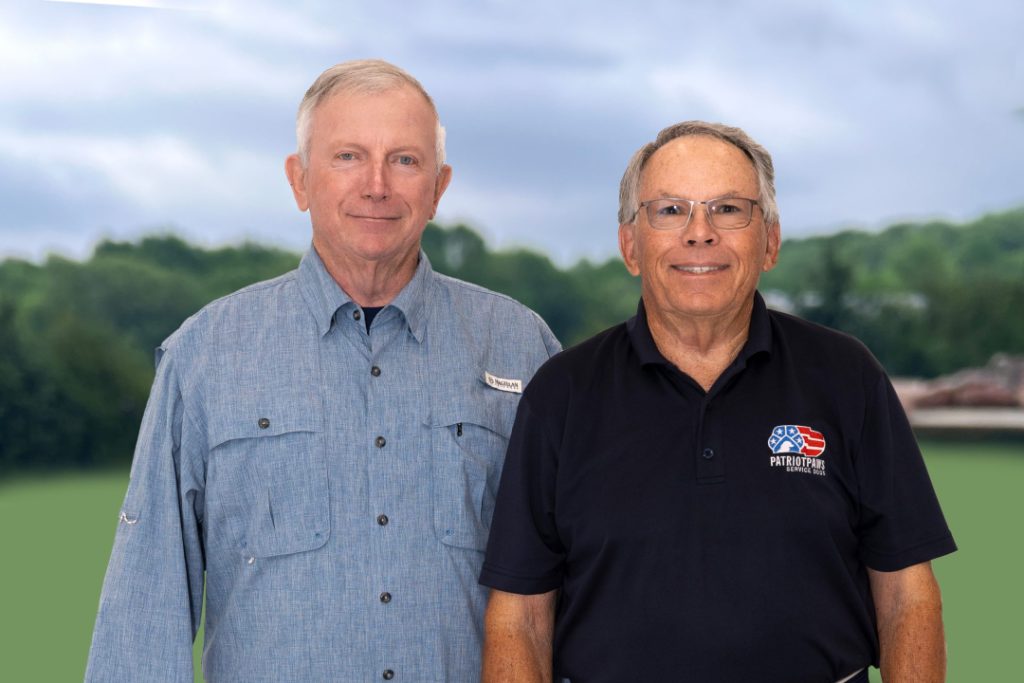
This year, as we come to Veteran’s Day, we are approaching the season to plant trees. Consider selecting and planting a tree in honor of someone dear to you. Please select a tree that is appropriate, in the desired location now and in the future. Follow the planting instructions from the nursery or you can Ask a Master Gardener at the Rockwall County Library. We are there on the first and third Wednesday of each month from 10 A.M. to noon. Then, tell the story to your children and grandchildren about this tree and the person behind it. This part of your family’s lore, helping the plants come back, will serve as a memorial to someone you know and love. For me, this brings together two of my varied interests: honoring the soldiers I knew in the military by gardening.
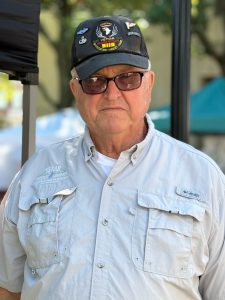 By Lyle R. Metzler, CH(COL), USA, (RET) and Rockwall County Extension Master Gardener. Rockwall County Extension Master Gardener Association is a 501c3 with a mission to provide research-based horticultural education and advice across Rockwall County.
By Lyle R. Metzler, CH(COL), USA, (RET) and Rockwall County Extension Master Gardener. Rockwall County Extension Master Gardener Association is a 501c3 with a mission to provide research-based horticultural education and advice across Rockwall County.



